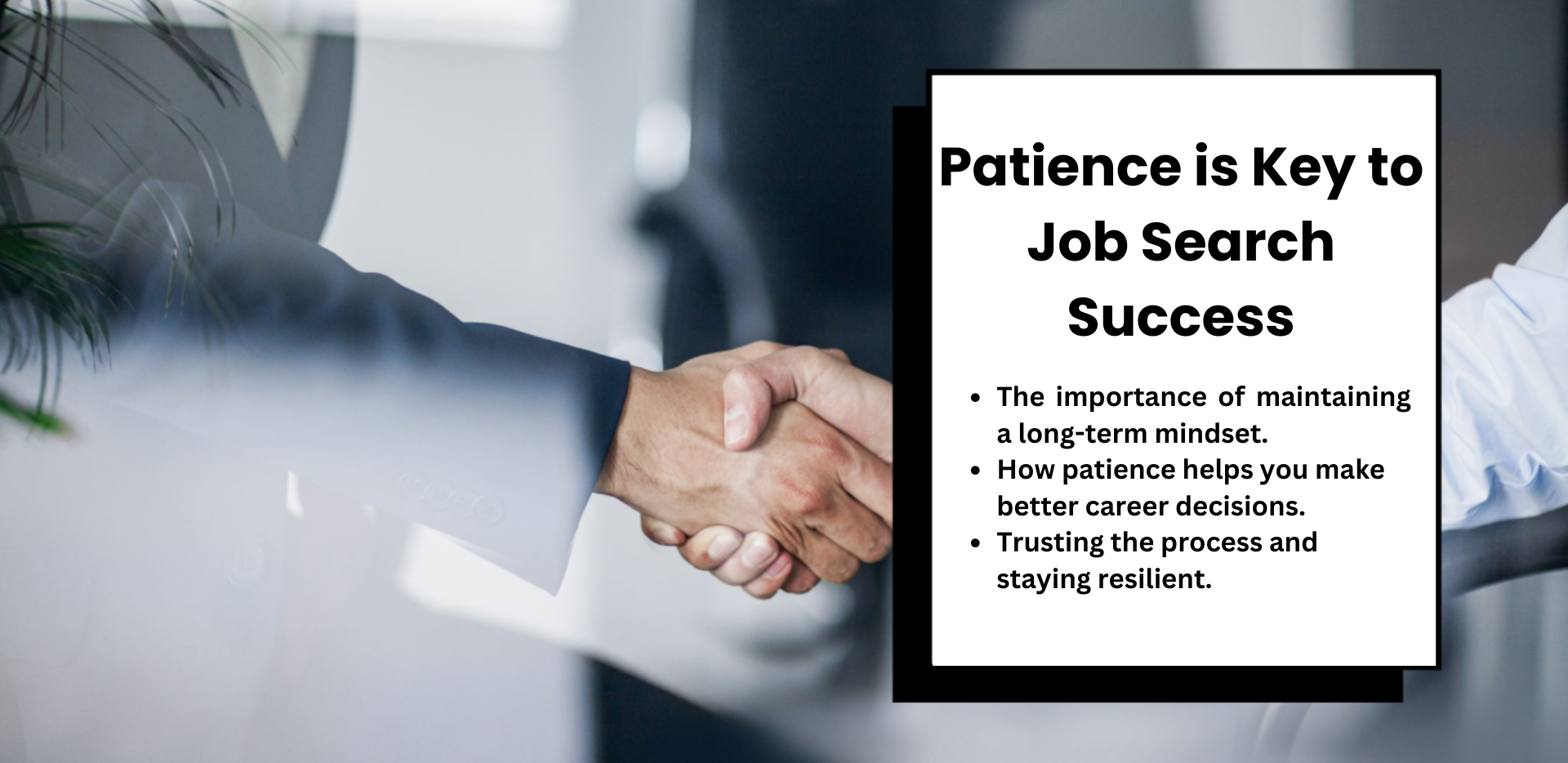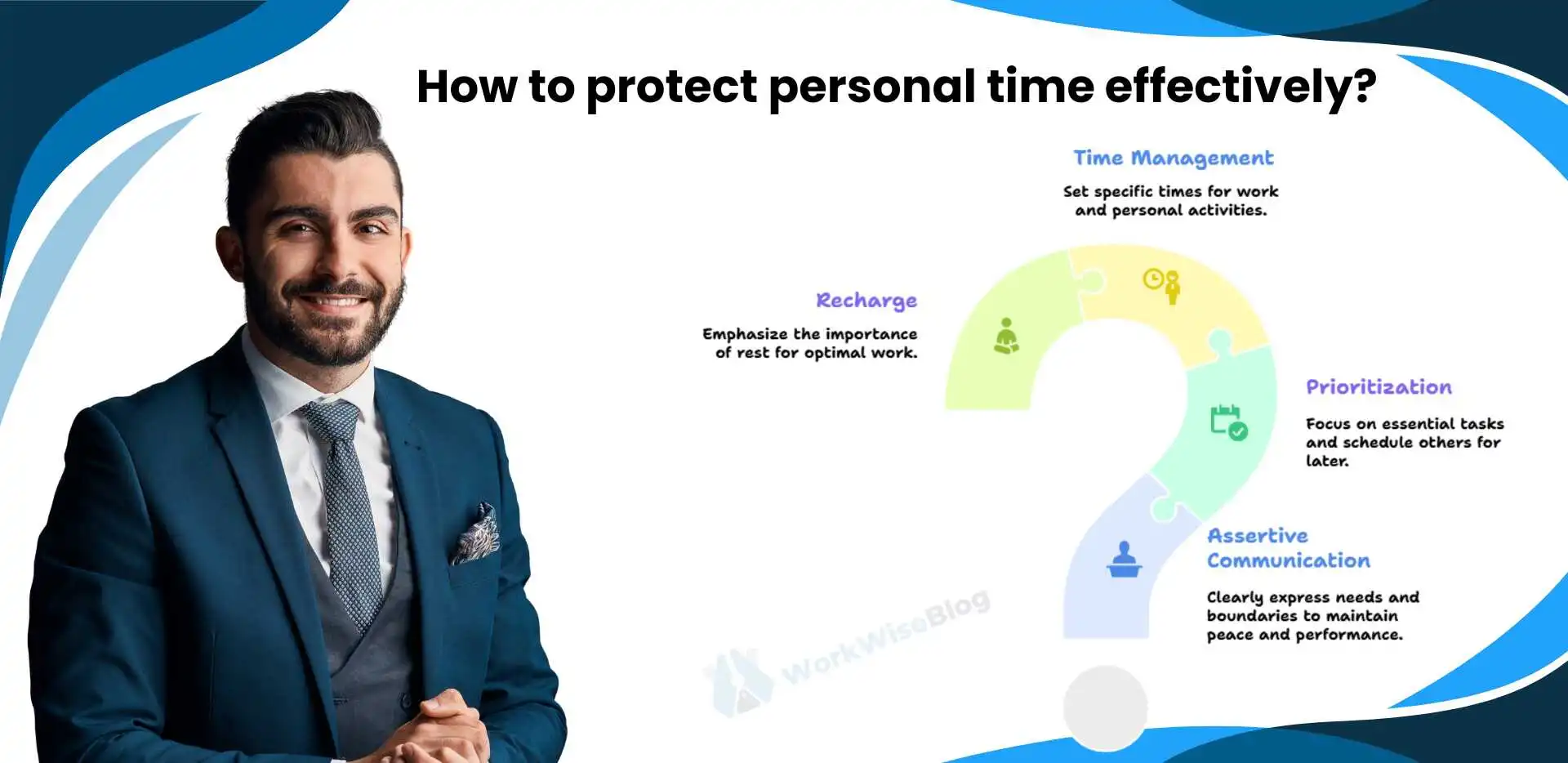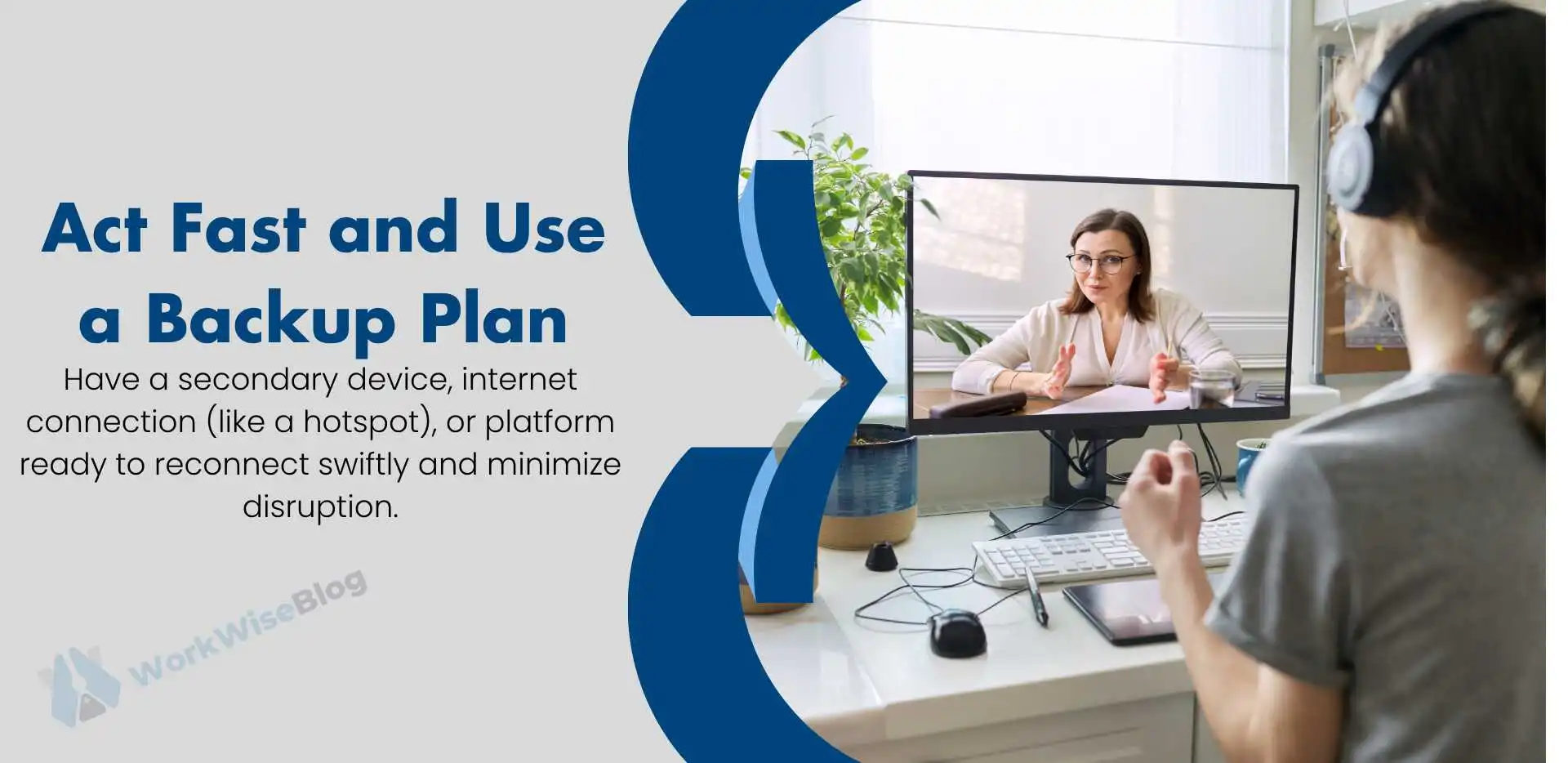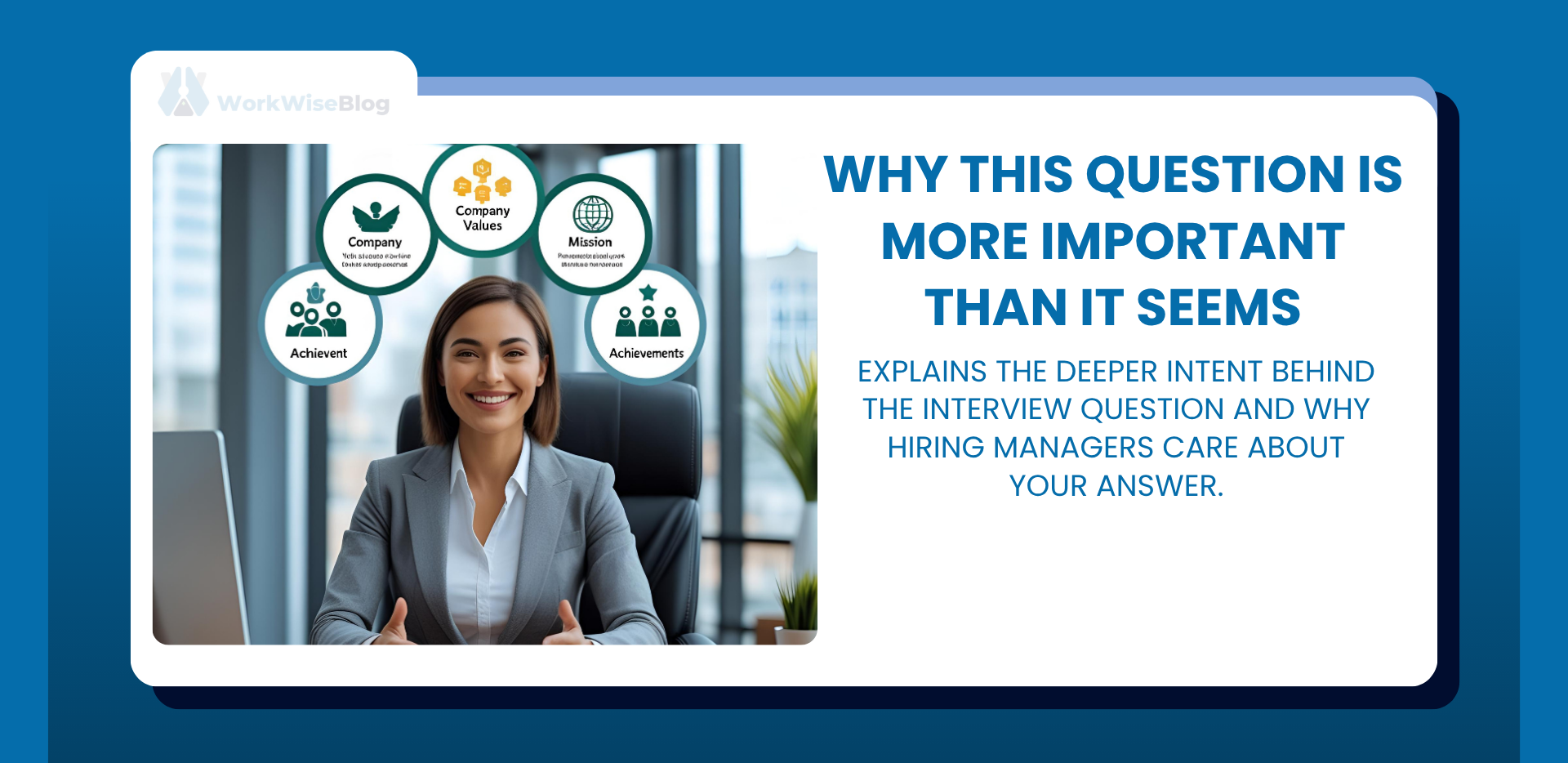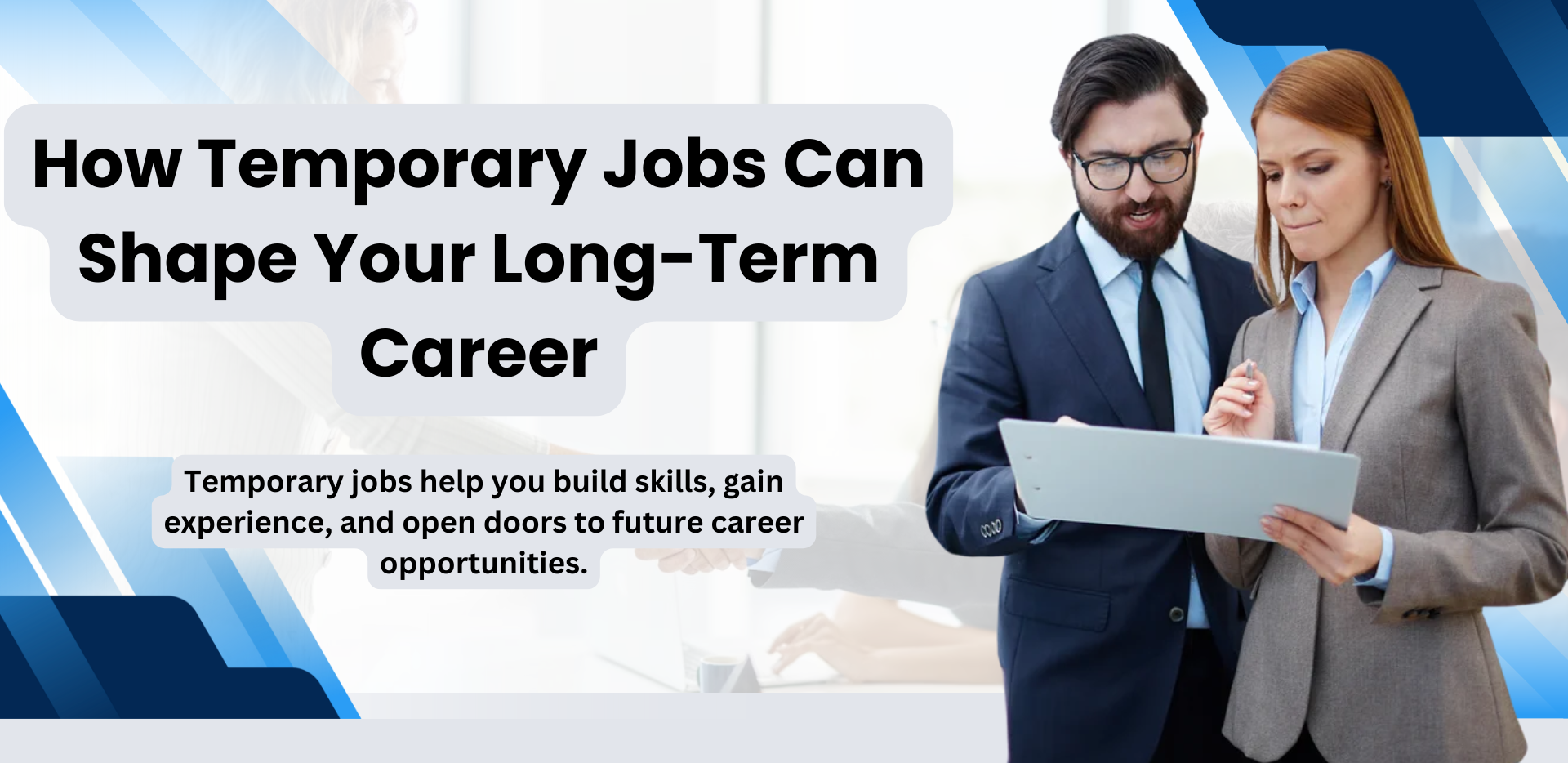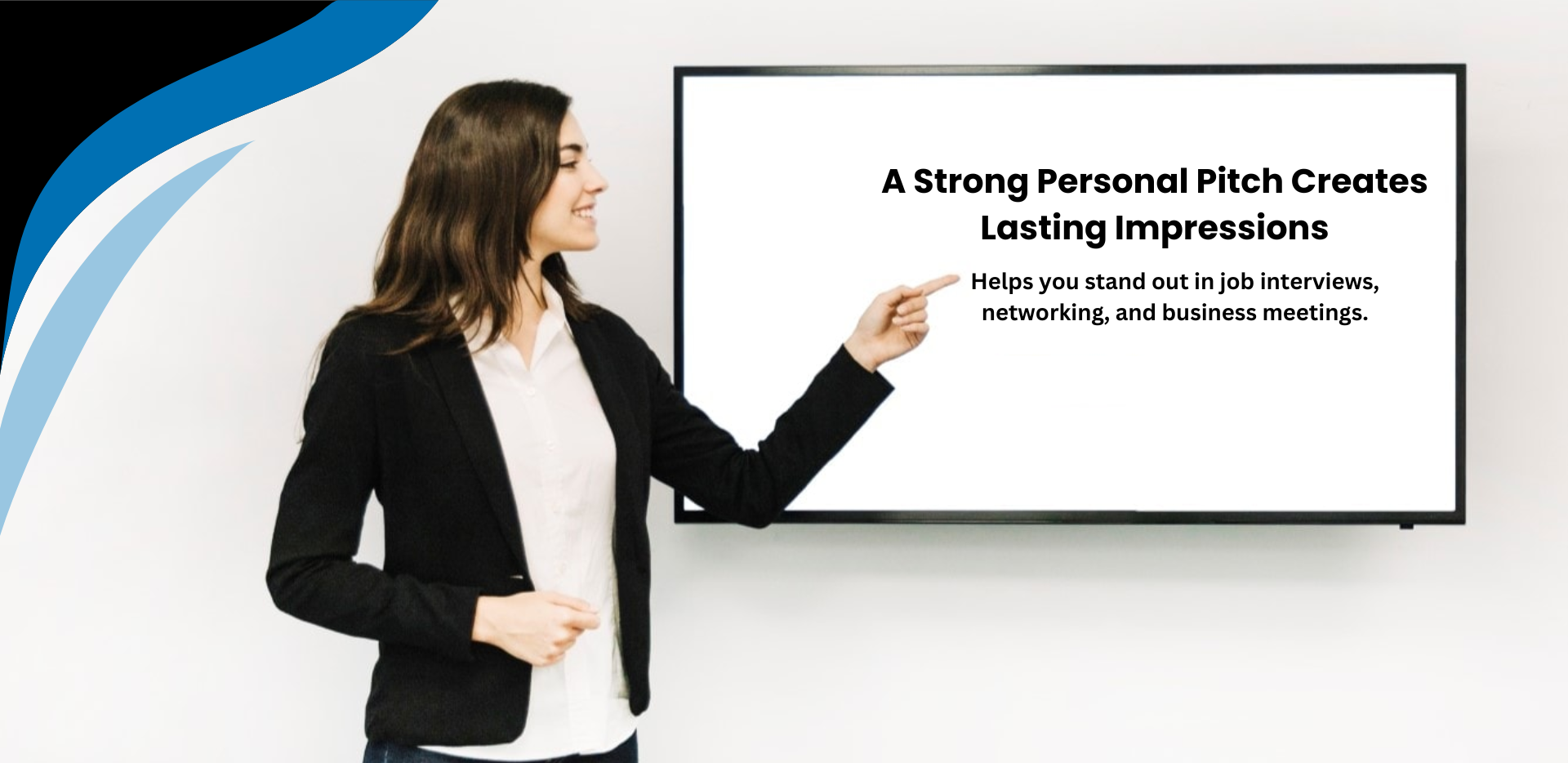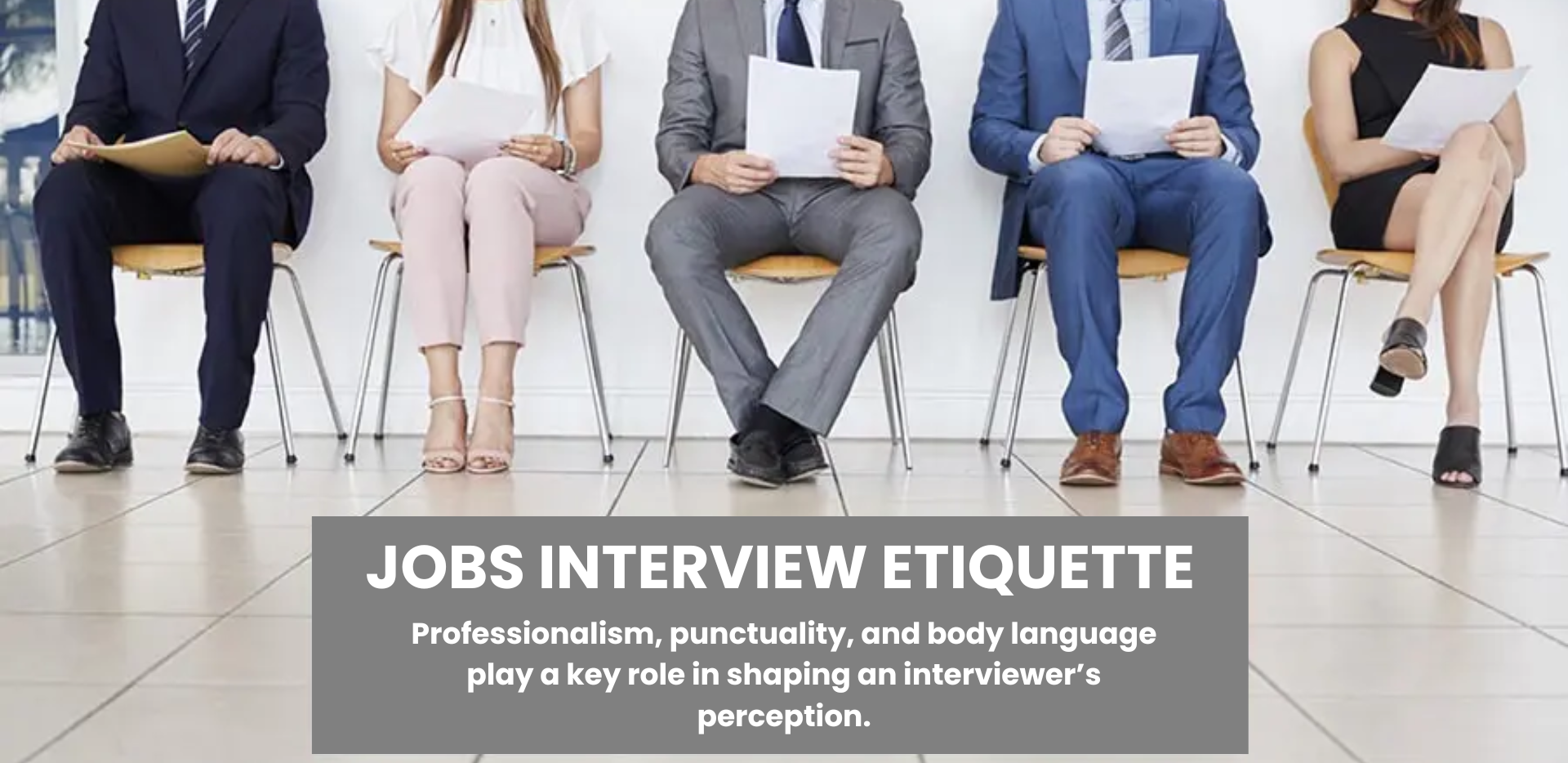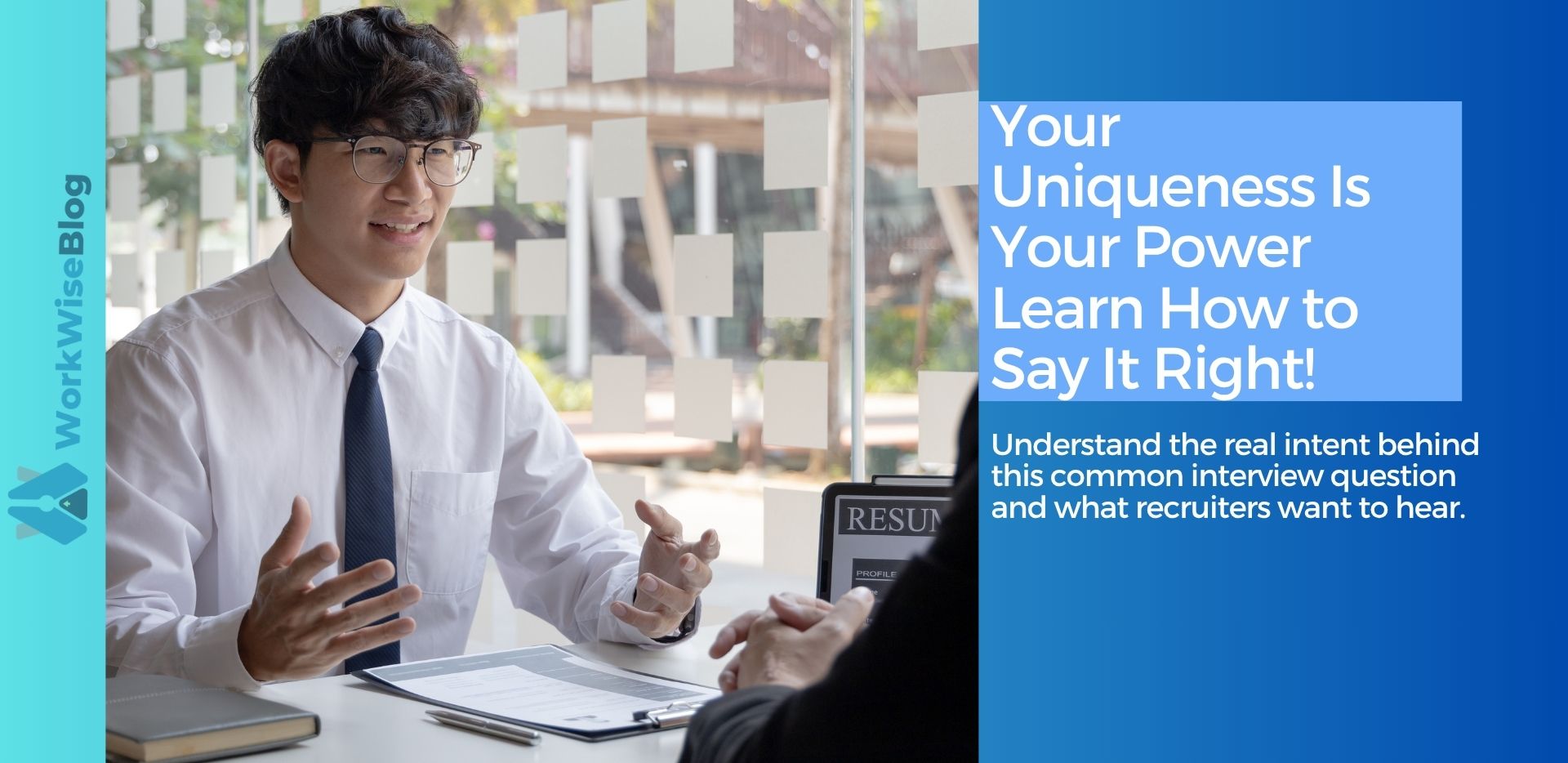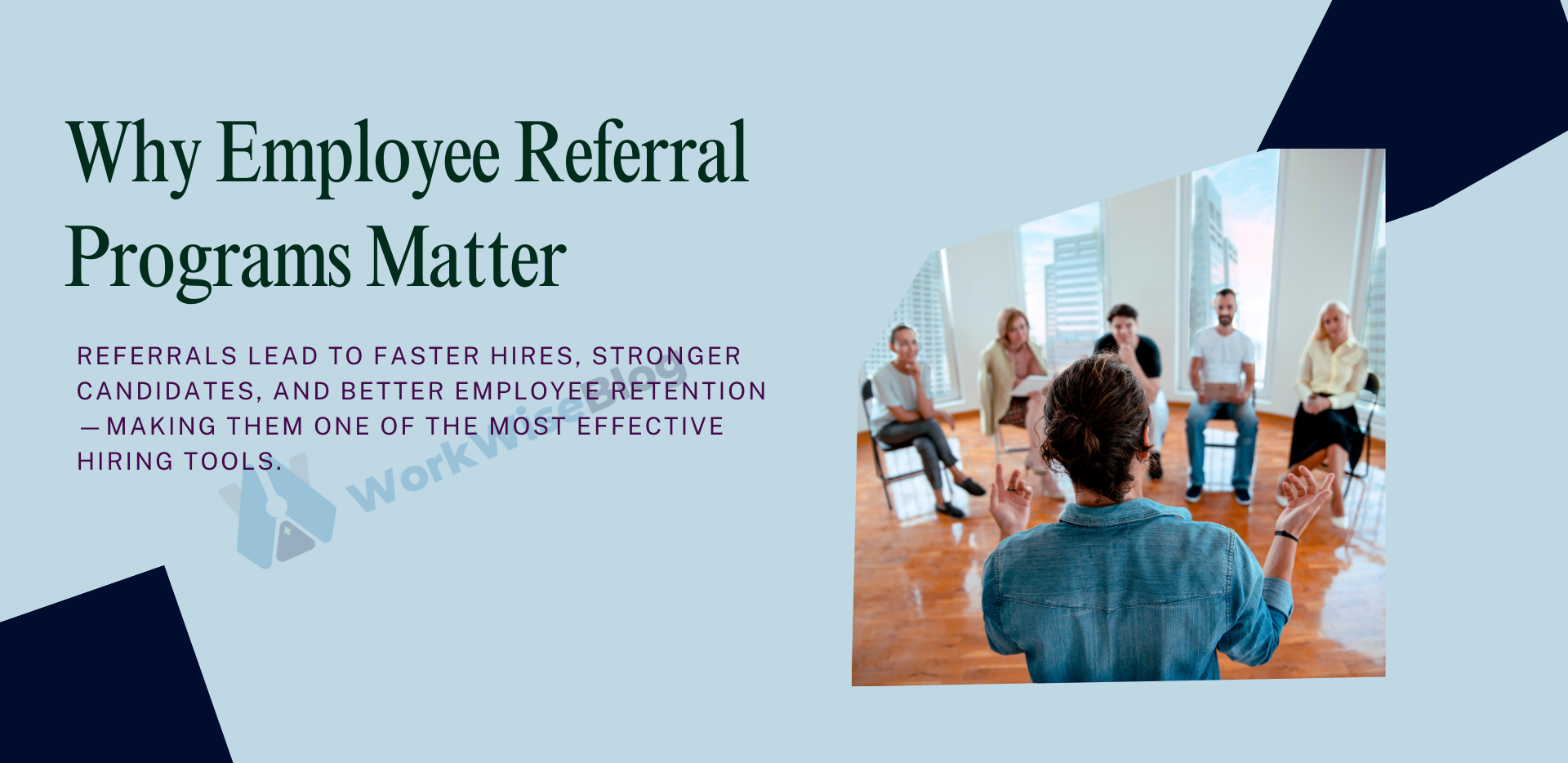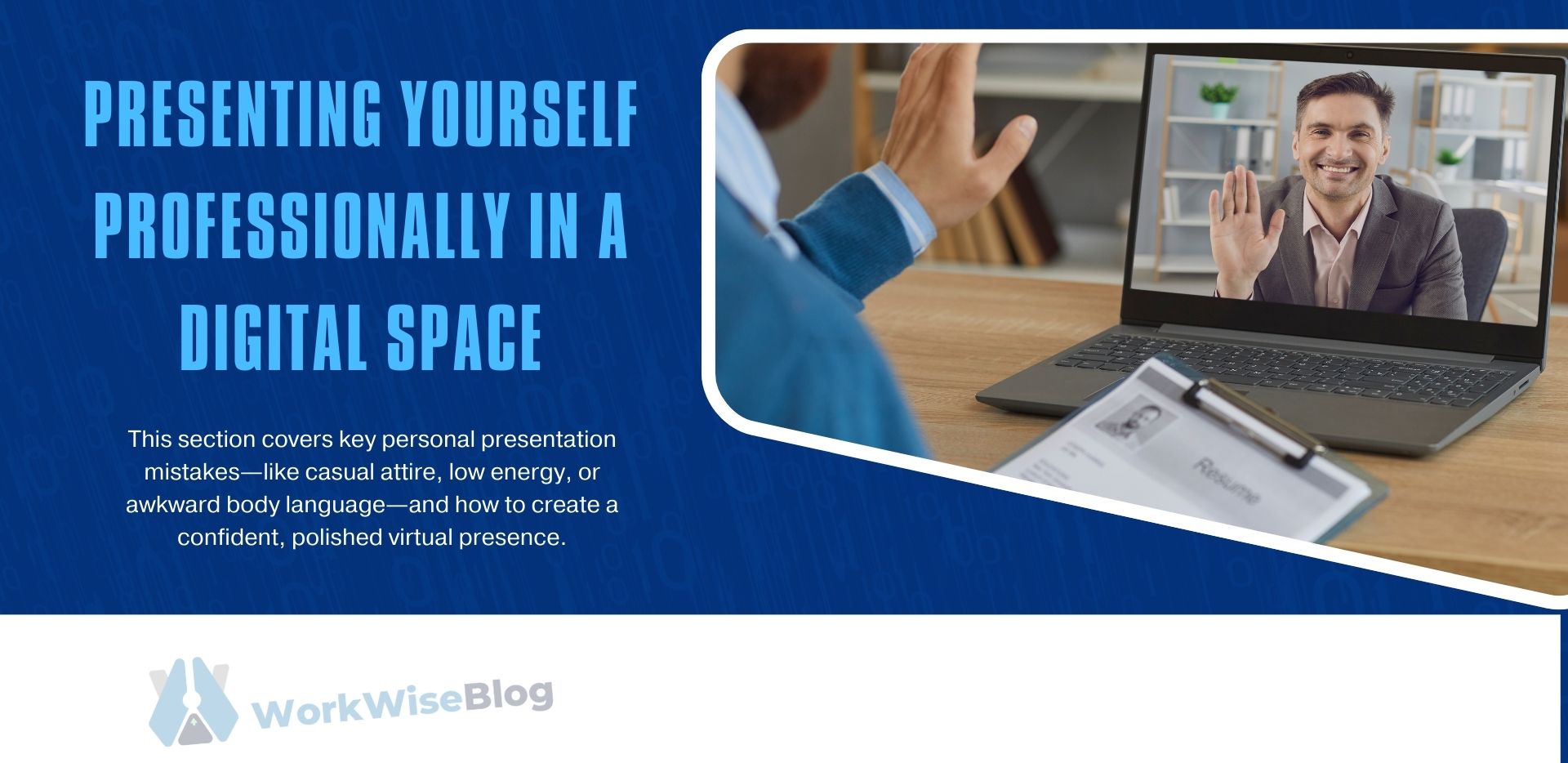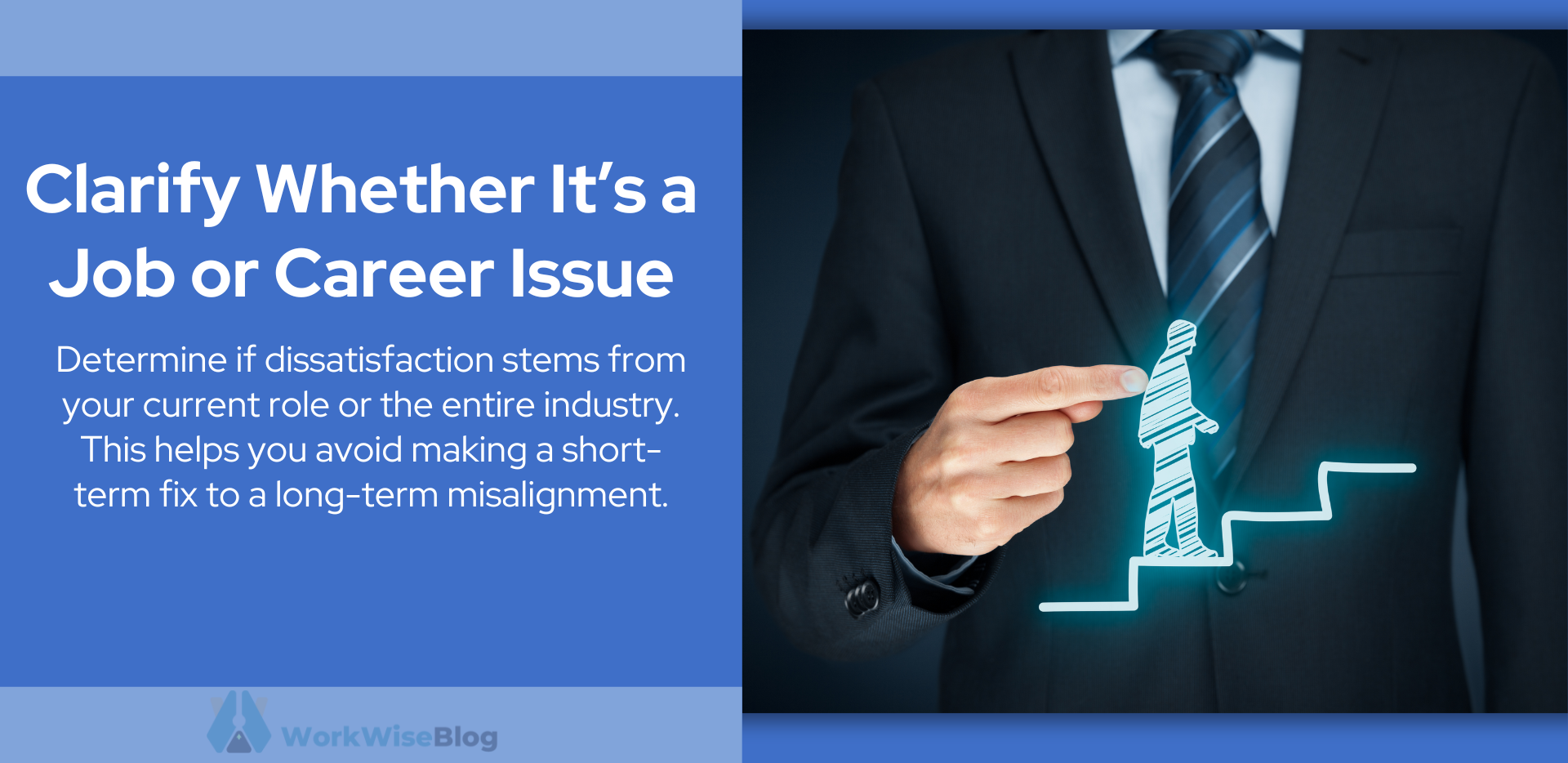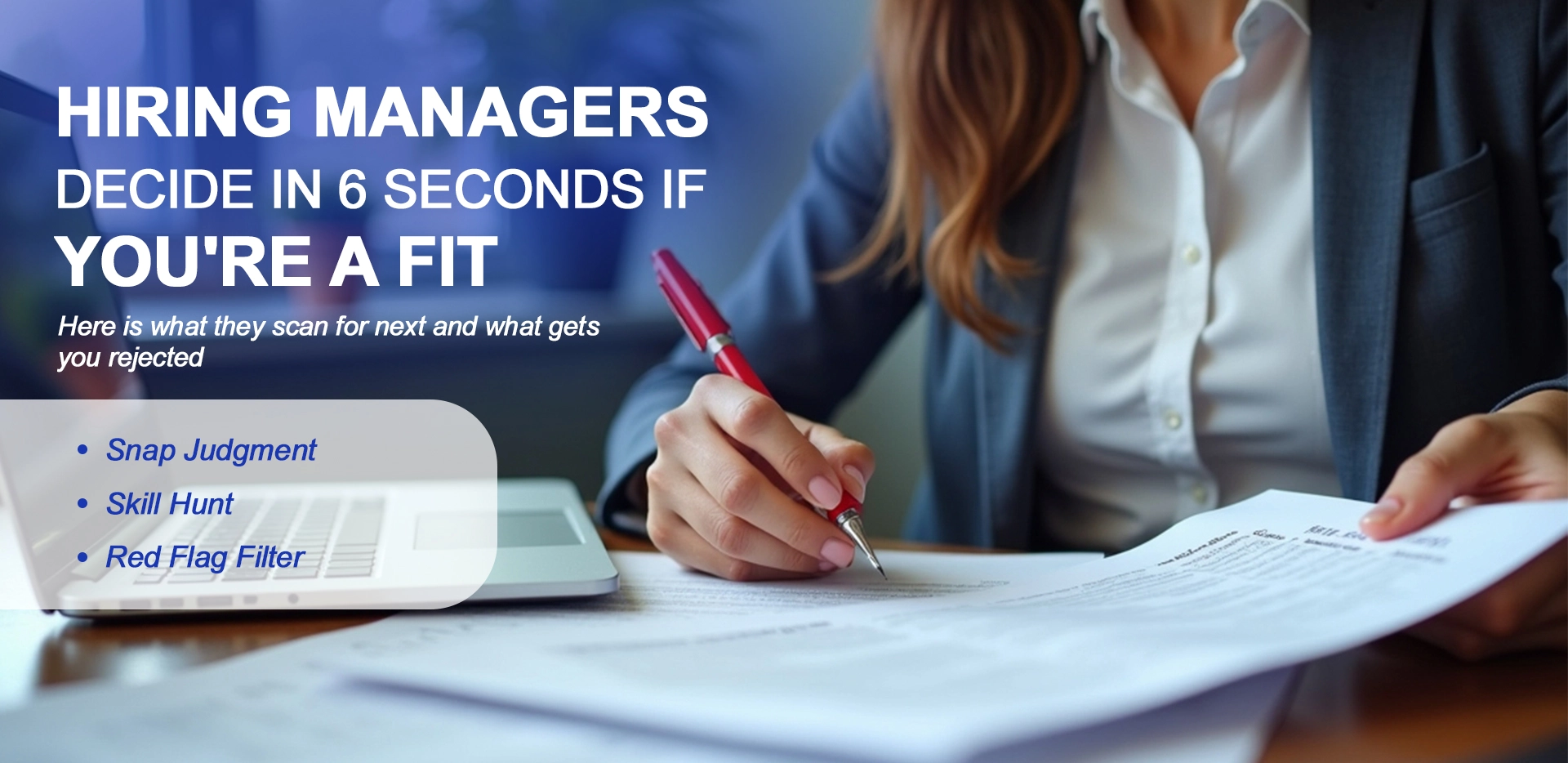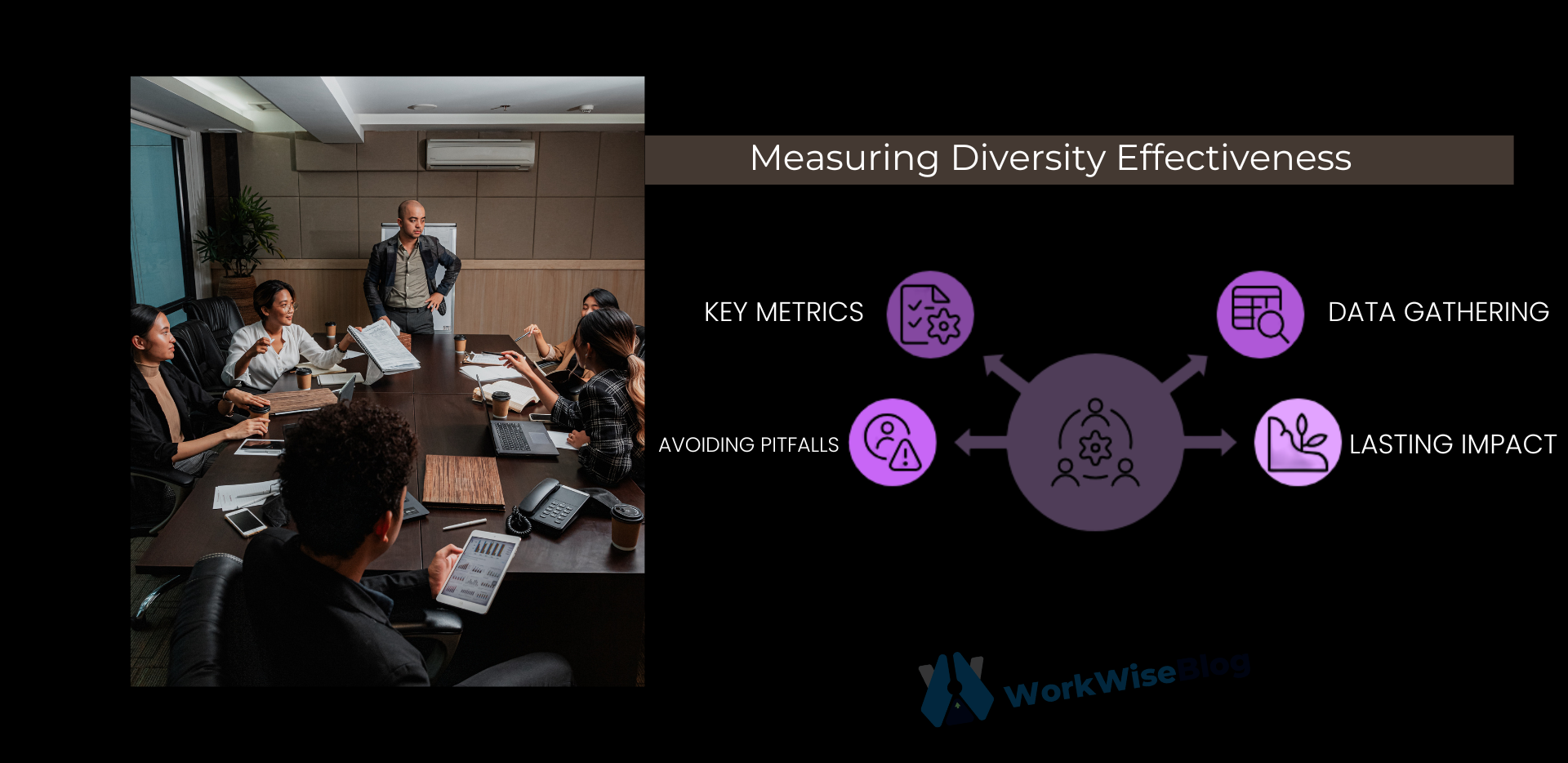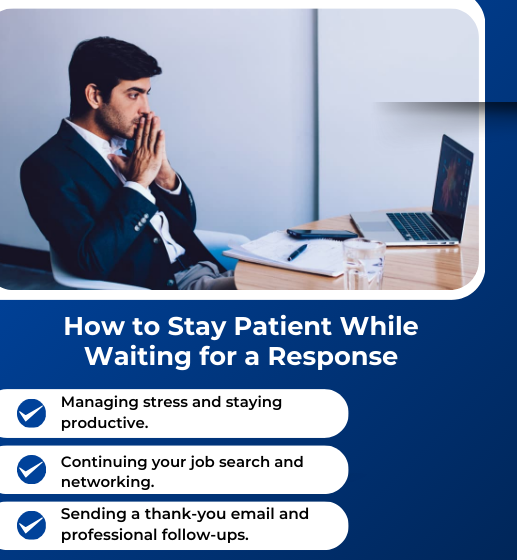
Why Patience is Important After an Interview
How you cope with the waiting period after an interview can impact your mental state as well as your professional reputation.
- Minimizes Stress and Anxiety – Allows you to concentrate on what you can control.
- Avoids Overcommunication Errors – Prevents pushy or unnecessary follow-ups.
- Exemplifies Professionalism – Illustrates to employers that you’re patient and calm.
- Enables Employers to Make Considerate Decisions – Provides hiring teams time to consider candidates objectively.
Fact: Robert Half’s survey reveals that over 40% of hiring managers wait two weeks or more to make a decision after the final interview.
To speak concisely, delays aren’t always a negative sign—often they reflect the fact that the employer is carefully considering their choices.

What Happens Behind the Scenes After an Interview?
Understanding the hiring process can make your anxiety easier to bear. This is what usually happens behind the scenes after your interview concludes:
1. The Interviewers Discuss Your Performance
Hiring managers and recruiters compare notes and impressions.
- They evaluate your technical skills, cultural fit, and overall potential.
- In some cases, they rank candidates based on their performance.
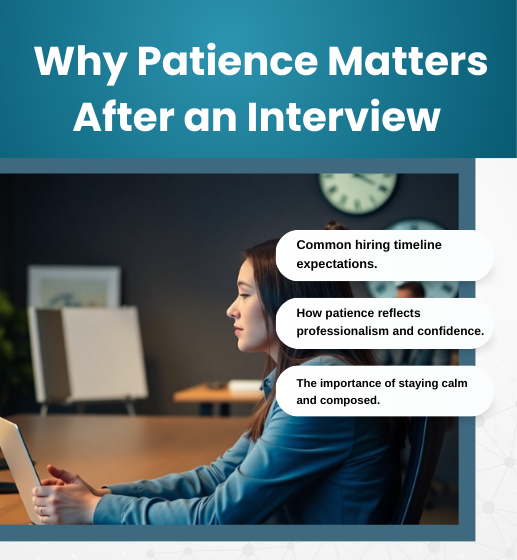
2. Internal Approvals and Decision-Making
Employers may review multiple candidates before making a choice.
- Hiring teams consult senior leaders, HR, and department heads for approvals.
- Budget discussions and job offer considerations take place.

3. Reference and Background Checks
If you’re a top contender, employers might conduct reference or background checks before extending an offer.
4. Offer Negotiations and Approvals
Once the company decides to hire you, they prepare the salary package and benefits.
In some cases, legal or HR teams need to approve job contracts before extending an offer.
Fact: Many employers interview multiple rounds of candidates before finalizing a decision, which can delay responses.
Understanding this process helps you stay patient and avoid unnecessary worry.
How to Stay Patient While Waiting for a Response
Instead of refreshing your inbox every hour, use this time productively.
1. Send a Thoughtful Thank-You Email
A well-written thank-you email can help reinforce your interest in the position.
- Send it within 24 hours of the interview.
- Express gratitude for the opportunity.
- Mention a specific highlight from the interview.
- Reaffirm your enthusiasm for the role.
Example:
“Dear [Interviewer’s Name],
Thank you for taking the time to meet with me yesterday. I truly enjoyed our discussion about [specific topic]. The opportunity to contribute to [Company Name] is exciting, and I appreciate learning more about your team’s vision.
Please let me know if there’s anything else I can provide as you make your decision. I look forward to the next steps and appreciate the opportunity to be considered.
Best regards,
[Your Name]”
This keeps you top of mind without coming across as pushy.
2. Set a Realistic Timeline for Follow-Ups
If the employer provided a decision timeline, respect it before following up.
- If no timeline was given: Wait at least 7–10 business days before checking in.
- If they said “next week”: Follow up two days after the expected response date.
Example:
“Dear [Interviewer’s Name],
I hope you’re doing well. I wanted to follow up on my application for the [Job Title] position. I’m excited about the opportunity and wanted to check if there are any updates on the hiring process.
Please let me know if you need any additional information from me. I appreciate your time and consideration.
Best regards,
[Your Name]”
Pro Tip: Keep your follow-up brief, professional, and polite—avoid sounding desperate or impatient.
3. Continue Your Job Search
Waiting for a response doesn’t mean you should stop applying elsewhere.
- Keep sending applications to other companies.
- Network with professionals on LinkedIn or at industry events.
- Schedule interviews with other potential employers.
Why? If you receive another offer, you gain leverage in negotiations and avoid putting all your hopes on one company.
4. Practice Self-Care and Stress Management
Job hunting can be mentally exhausting. Use this waiting period to relax and recharge.
- Exercise, meditate, or do something which allows you to de-stress.
- Prioritize hobbies, reading, or skill-development courses.
- Remember that waiting does not determine your value—you are just as valuable, whatever the outcome.
Fact: Harvard Business Review research indicates that keeping the mind active in other pursuits while job hunting can enhance overall well-being and lower anxiety.
5. Prepare for the Next Steps (Offer or Rejection)
Best-case scenario? You get an offer!
- Research salary trends in your industry for negotiations.
- Review the company’s benefits package.
- Be ready to discuss counteroffers if needed.
If you don’t get the job? That’s okay too!
- Politely ask for feedback to improve for future interviews.
- Stay grateful—you never know when another opportunity will arise.
- Keep applying—your perfect job is still out there!
Final Thoughts: Patience is Key in the Post-Interview Waiting Period
The post-interview waiting period can test your patience, but handling it professionally can set you apart as a strong candidate. Employers need time to assess candidates, review applications, and make the best hiring decisions.

